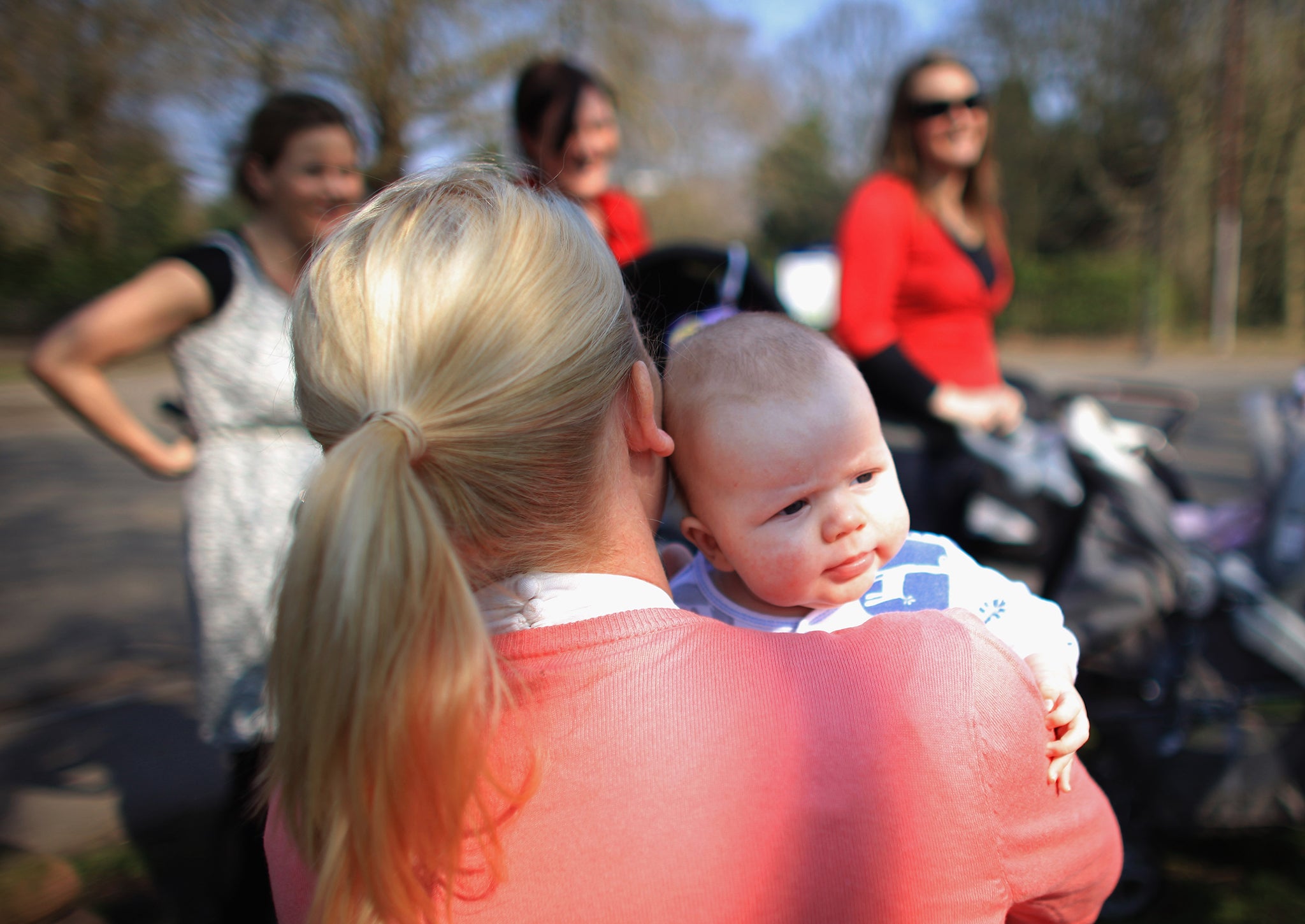Childcare is unequal between sexes because of evolution, study claims
Females developed mammary glands to make up for the lack of childcare provided by males, according to the study

Your support helps us to tell the story
From reproductive rights to climate change to Big Tech, The Independent is on the ground when the story is developing. Whether it's investigating the financials of Elon Musk's pro-Trump PAC or producing our latest documentary, 'The A Word', which shines a light on the American women fighting for reproductive rights, we know how important it is to parse out the facts from the messaging.
At such a critical moment in US history, we need reporters on the ground. Your donation allows us to keep sending journalists to speak to both sides of the story.
The Independent is trusted by Americans across the entire political spectrum. And unlike many other quality news outlets, we choose not to lock Americans out of our reporting and analysis with paywalls. We believe quality journalism should be available to everyone, paid for by those who can afford it.
Your support makes all the difference.Women's bodies may have evolved to make them better at looking after children because men did not put enough effort in, a new study has suggested.
Research from the University of Bristol suggests that small initial differences which predisposed one sex to care more than the other are exaggerated once the ability to care evolves.
Among mammals, including humans, females have developed mammary glands to make up for the lack of childcare provided by males, according to an analysis of patterns in evolution.
John McNamara, a mathematics professor at the University of Bristol, specialises in behavioural and evolutional biology.
After conducting a study with Dr Max Wolf of the Leibniz Institute of Freshwater Ecology and Inland Fishers, the pair found that men and other male mammals had "shirked" the biological cost of looking after their children.
"We expect one sex to both provide the milk and put in a high care effort, while the other sex avoids the cost of mammary glands and puts in little effort," Professor McNamara said.
In theory it makes little sense for one sex to take on the role of childcare, as offspring have a stronger chance of survival if both parents contribute to their upbringing.
However many species share childcare so unequally that is has changed their bodies.
The researchers on the project believe that social changes in childcare will not shape human evolution, adding that the research "does not say anything about who should, in a moral sense, care".
Join our commenting forum
Join thought-provoking conversations, follow other Independent readers and see their replies
Comments